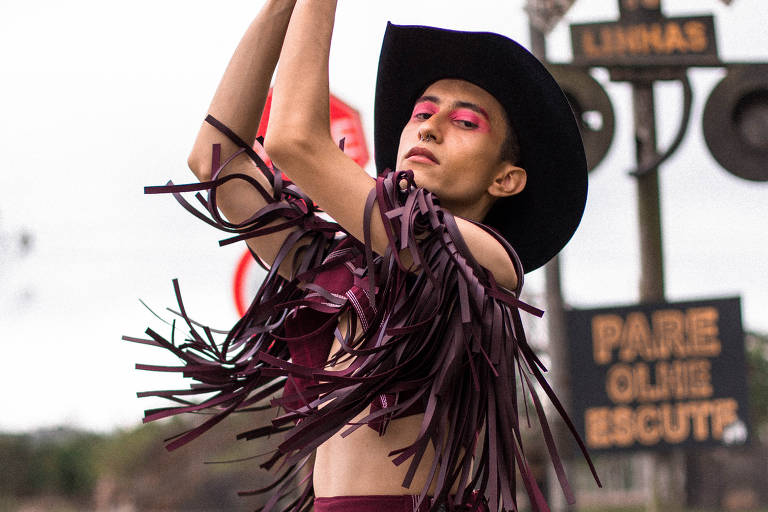In adolescence, they say, all they wanted was to get away from the sertanejo, Brazil’s country music genre. They sought refuge from the genre, considered too heteronormative, in the pop of divas like Lady Gaga, who said there was nothing wrong with loving anyone, "because you were born that way" and "God doesn't make mistakes."
That was the journey of singers like Gabeu and Alice Marcone – he, a gay man, and she, a trans woman. With seven other artists, they created ‘queernejo', inspired by the English term used to define those who do not fit into the gender and sexuality roles imposed at birth.
The group seeks to appropriate country music standards, reusing harmonies and rhythms, while at the same time adding pop and "expressing fun," in Marcone's words.
Bringing diversity to the sertanejo, however, has not been easy. Although it emerged promisingly, the movement stalled. There is a lack of investment, assesses Marcone, 26, who graduated as a psychologist before embarking inthe arts.
In addition, "the great figures of the genre promote President Bolsonaro, which distances the sertanejo from LGBTs, who value a cosmopolitan culture, where they find freedom even to perform their sexuality," says sociologist Wellthon Leal.
Translated by Kiratiana Freelon
